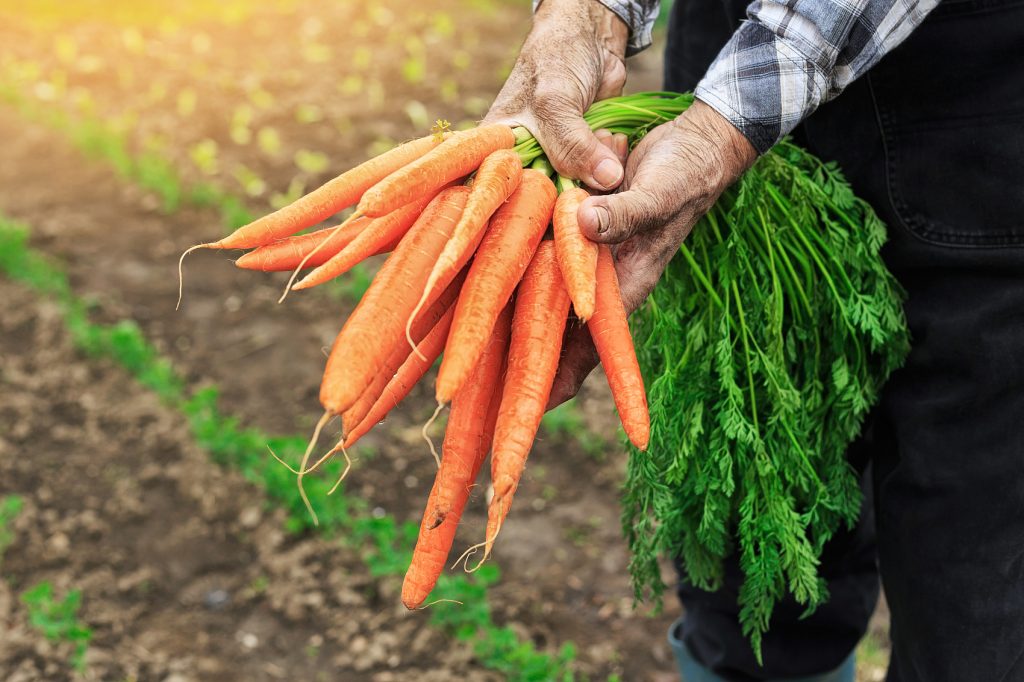In today’s world, where technology and industry are front and center, there’s a growing appeal for organically grown foods. People worldwide are shifting from heavily processed, chemical-laden foods to diets that are as natural and clean as possible.
So, why are people making this shift? It’s not just a passing trend but a deliberate choice aimed at healthier living, preserving the environment, and ethical consumption.
Understanding Organic Foods
Organic foods are those grown and processed without synthetic chemicals, GMOs, petroleum-based fertilizers, or sewage sludge-based fertilizers. This method is a nod to traditional farming techniques that respect and harmonize with nature, enhancing the health of soil, air, and water. Organic farming supports biodiversity and maintains ecosystem balance.
Health Benefits of Organic Eating
Eating organically is not just trendy; it’s about embracing nature and the health benefits it brings. Foods free from synthetic additives, pesticides, or GMOs are not only tastier but also provide wholesome nutrients that boost energy, enhance the immune system, and improve overall well-being. Eating organic also minimizes intake of toxins, reducing the risk of chronic diseases.

Environmental Impact
The push for organic isn’t just about personal health; it’s about protecting our planet. Conventional farming can degrade soil, contaminate water, and disrupt ecosystems. In contrast, organic farming upholds sustainability, respects natural cycles, and promotes soil fertility and water conservation. It uses environmentally friendly practices like crop rotation, green manure, and biological pest control, which help maintain ecological balance.
Ethical Considerations
Choosing organic reflects a commitment to ethical values. Organic livestock farming avoids inhumane conditions and the use of synthetic hormones and antibiotics, leading to healthier animals and reducing the spread of antibiotic-resistant bacteria. Workers on organic farms are also exposed to fewer harmful chemicals, highlighting a commitment to human welfare.
Tasting the Difference
There’s a palpable difference in organic produce that goes beyond health and ethics—it’s also about flavor. Organic foods, like tomatoes, grow at their natural pace in clean soil, resulting in juicier and more flavorful fruits and vegetables. Without synthetic enhancers or preservatives, you experience the true flavors of food.
Economic Implications
Supporting organic farming affects more than just the food industry. It supports a philosophy of sustainability and respect for land and community. It helps keep soils fertile and water clean, and supports farmers committed to sustainable practices. Investing in organic produce is an investment in a sustainable future.

Nurturing Future Generations
Choosing organic is about more than our current well-being—it’s about protecting future generations. Teaching our children about organic foods promotes healthier eating habits and instills a respect for sustainable living, ensuring that we pass on a legacy of health and environmental consciousness.
Strengthening Community Ties
The organic movement also strengthens community bonds. Supporting local organic farms helps consumers connect directly with their food sources and fosters relationships based on mutual respect and shared values.
Conclusion
The move towards organic eating is a significant and conscious shift towards thoughtful consumption. It embodies a commitment to health, ethics, the environment, and the economy. Every choice to eat organically is a step towards a healthier, more ethical, and sustainable world. In choosing organic, we not only nourish ourselves but also contribute to a collective effort for a better future. This is more than a diet; it’s a harmony of choices that resonate with our deepest values of health, ethics, and sustainability.








